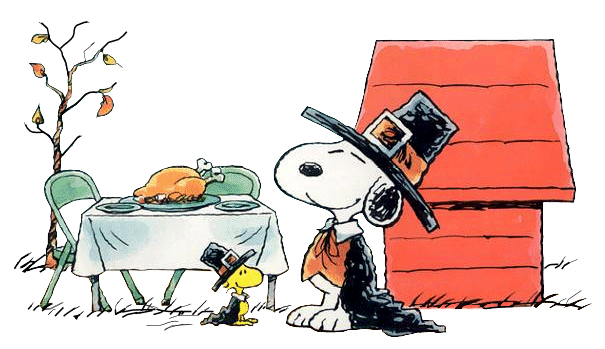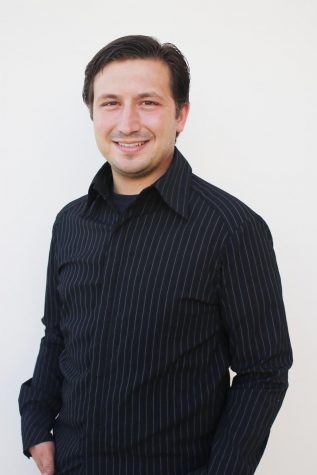“You never know what you have until it’s gone” is a sobering proverb about missed opportunities. It is also a hopeful proverb, explain that when things are taken away, there is opportunity to learn.
When I studied abroad in England, I celebrated an “American Thanksgiving,” hosted by a local church. It was only too late that I realize this was nothing like an “American Thanksgiving.” Though it was a depressing realization, it was also a profitable realization. The American Thanksgiving is something very special, something to be treasured and something that should be shared.
Biola hosts many international students, many for whom Thanksgiving is not a traditional holiday. So, take this upcoming Thanksgiving as an opportunity to invite a friend, neighbor or a fellow student you would not have ordinarily invited.
A THANKSGIVING EXPERIENCE
A few years ago, I studied at Oxford University during the Michaelmas term. My tutor—not “tudor” and, equally egregious, not “professor”—offered me a cup of tea. I politely declined, but he had already begun filling my cup with tea. He then asked if I would like some cream. Again, as I declined, he had already begun pouring cream into my tea.
“On the topic of cultural do’s and don’ts,” I said. “Guy Fawkes Day is around the corner.” My tutor explained how it was a simple holiday with a complicated history, much like the United States’ Fourth of July. There are fireworks and food, families get together at local pubs for community and it provided a time to burn effigies of Guy Fawkes and other hated political figures and sports coaches.
A few weeks later, and riding upon the sentiments of a fantastic first Guy Fawkes celebration, we received an invitation from a local church for their “American Thanksgiving Celebration.” As a pack of dogs on a three-legged cat, or as a few poor college students in a foreign country, we accepted the invitation without a second thought.
The celebration was at a 19th century stone-church, built upon much older 8th century grounds. We were all sitting among tables under a vaulted ceiling, walled with stained glass mosaics, awaiting a Thanksgiving dinner only the American colonists could have envied. Then the plates came.
I let out a quivering sigh, almost a whimper. “They don’t celebrate Thanksgiving in England, do they?”
I cannot remember how long we sat in silence, but the silence was tense. We were thankful for the invitation, the food and the thought of bringing an American holiday to British shores, but it was not like home. Actually, for a moment, I suddenly felt guilty for all the times I served Mexican and Asian food to my Mexican and Asian friends. It was, at best, an American-inspired Thanksgiving meal, completely missing the mark.
HAVE AN UNCOMFORTABLE THANKSGIVING
Thanksgiving is like no other holiday in that its very name prescribes action—to give thanks. To give thanks for our friends and family. To give thanks for our bounty in food and joy. To give thanks for things so beyond our control, they are nothing less than divine blessings. As former President Abraham Lincoln said during his Thanksgiving proclamation, “No human counsel hath devised nor hath any mortal hand worked out these great things. They are the gracious gifts of the Most High God, who, while dealing with us in anger for our sins, hath nevertheless remembered mercy.”
But let us not only be thankful in word, but also deed, considering Biola as a host for many international and out-of-state students. As Leiton Chinn, the Lausanne senior associate for International Student Ministries, wrote, “How might we invite all peoples and all nations to the table of the Marriage Supper of the Lamb? One way is to invite people from other nations whom God has sovereignly brought to our communities, campuses, and churches to join us at our own supper tables.”
Let this Thanksgiving be an opportunity to share in the warmth of this American holiday. It will not be a perfect holiday, and perhaps it will even been an awkward and uncomfortable time. But the spirit of Thanksgiving is the spirit of giving thanks. It is a spirit of action in response to our creator, and an opportunity to bring foreigners into our midst, celebrating the blessing we all have in common.








